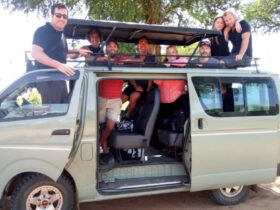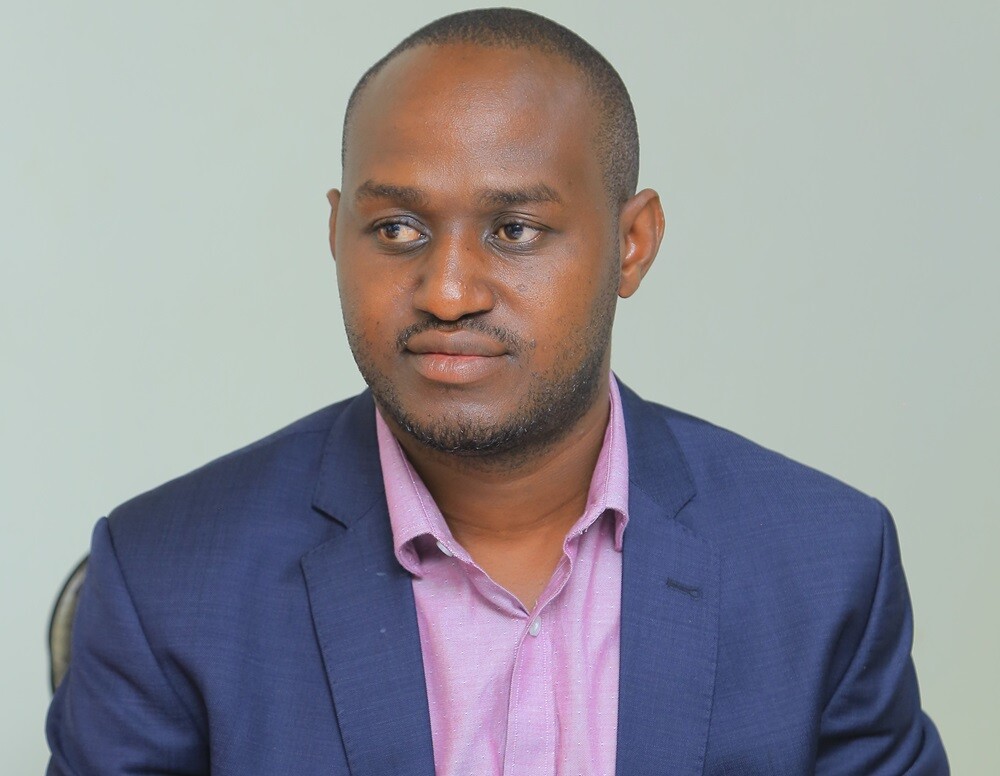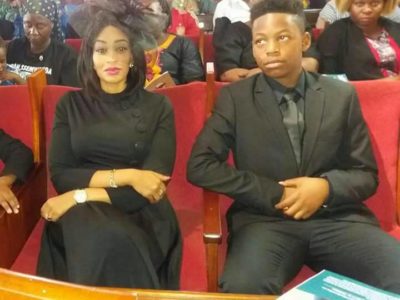By Akampa Tanbull
Well, is hosting NAM of any impact to Uganda as a Country in the global geopolitics? Whereas, Uganda was admitted to the membership of the Non–Aligned Movement (NAM) at the 2nd Summit of Heads of State and Government, held in 1964 in Cairo, Egypt.
Uganda as a country is gearing up to host the 19th Summit of the NAM on 15th-20th January 2024, In Munyonyo, Kampala Uganda. This summit will bring many Government leaders including heads of states from across the world and it is from this summit that President Yoweri Kaguta Museveni Tibuhaburwa will take over NAM leadership from Azerbaijan President, Ilham Aliyev.
The Non-Aligned Movement is a forum of 120 countries that are not formally aligned with or against any major power bloc. It was founded with the view to advancing the interests of developing countries in the context of Cold War confrontation. The Non-Aligned Movement emerged in the context of the wave of decolonization that followed World War II. At the 1955 Bandung Conference (the Asian-African Conference), the attendees, many of whose countries had recently gained their independence, called for “abstention from the use of arrangements of collective defense to serve the particular interests of any of the big powers.”
In the context of the Cold War, they argued, countries of the developing world should abstain from allying with either of the two superpowers (the United States and the U.S.S.R.) and should instead join together in support of national self-determination against all forms of colonialism and imperialism.
After the United Nations, it is the largest grouping of states worldwide. This forum was founded in the year 1961 in Belgrade, Serbia and its current headquarters are in Central Jarkata, Indonesia.
Some of the founding heads of states and revolutionaries included Sukarno of Indonesia, Jawaharlal Nehru of India, Josip Broz Tito of the Federal Republic of Yugoslavia, Gamal Abdel Nasser of Egypt, Kwame Nkrumah of Ghana among others.
As a condition for membership, the states of the Non-Aligned Movement cannot be part of a multilateral military alliance (such as the North Atlantic Treaty Organization [NATO]) or have signed a bilateral military agreement with one of the “big powers” if it was “deliberately concluded in the context of Great Power conflicts.”
However, the idea of nonalignment does not signify that a state ought to remain passive or even neutral in international politics. On the contrary, from the founding of the Non-Aligned Movement, its stated aim has been to give a voice to developing countries and to encourage their concerted action in world affairs. Unlike the United Nations (UN) or the Organization of American States, the Non-Aligned Movement has no formal constitution or permanent secretariat.
All members of the Non-Aligned Movement have equal weight within its organization. The movement’s positions are reached by consensus in the Summit Conference of Heads of State or Government, which usually convenes every three years. The administration of the organization is the responsibility of the country holding the chair, a position that rotates at every summit. The ministers of foreign affairs of the member states meet more regularly in order to discuss common challenges, notably at the opening of each regular session of the UN General Assembly.
One of the challenges of the Non-Aligned Movement in the 21st century has been to reassess its identity and purpose in the post-Cold War era. The movement has continued to advocate for international cooperation, multilateralism, and national self-determination, but it has also been increasingly vocal against the inequities of the world economic order.
Non-Aligned Movement has helped in easing the tension between the two power blocs. It also contributed a lot to bringing an end to the Cold War. NAM acted against the arms race of the superpowers during the time of the Cold War. It has supported the cause of international peace, justice and freedom which the majority of Countries like Uganda under the able leadership of H.E Yoweri Kaguta Museveni Tibuhaburwa, the National Resistance Movement (NRM) Government has strived to promote amidst challenges of opposition from some foreign forces.
Therefore, NAM is largely dedicated to representing the interests and aspirations of developing countries. For Uganda, there will be direct and indirect benefits including our roads being reconstructed, Entebbe International Airport getting a new shape, and Businessmen and Women in the hospitality industry will get businesses from several bookings for both travel and accommodation. Farmers will equally sell their farm produce to hotels, the delegates will equally bring in a lot of forex business to our economy. Ugandans must position themselves strategically to earn from such international summits and forums like NAM, and G77+ among others.
For God and My Country Uganda.











